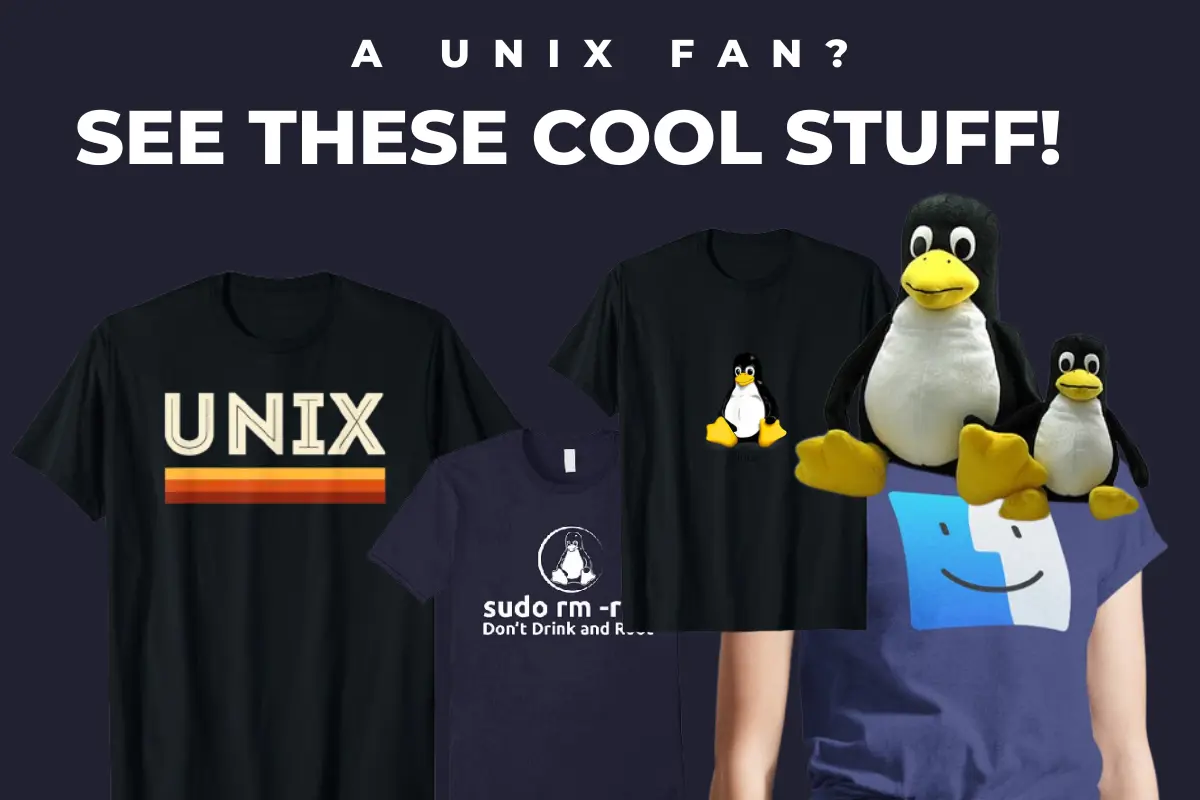2023-09-29T01:36
Exploring the C Shell (csh): A Versatile Command Interpreter

The C Shell, often abbreviated as csh, is a command-line interpreter for Unix and Unix-like operating systems. It has played a vital role in the evolution of these systems, offering a versatile and user-friendly interface for executing commands and managing system tasks. In this article, we will explore the C Shell's history, features, and its continued significance in the world of computing.<br><br>Origins and Development<br><br>The C Shell was developed by Bill Joy, a co-founder of Sun Microsystems, in the late 1970s. It was designed as an improvement over the original Unix shell, which lacked some user-friendly features. Joy's goal was to create a shell that was more intuitive and interactive, making it easier for users to interact with the Unix operating system.<br><br>Key Features<br><br>One of the notable features of the C Shell is its C-like syntax. Users familiar with the C programming language will find it relatively easy to work with csh. This syntax allows for the creation of scripts and automation of tasks, making it a favorite among system administrators.<br><br>Interactive Environment<br><br>Csh provides an interactive environment that allows users to execute commands, customize their environment, and manage their files and processes efficiently. It supports command-line editing, history, and job control, making it a robust choice for power users.<br><br>Scripting Capabilities<br><br>Beyond its interactive features, the C Shell is also a scripting language. Users can write scripts to automate repetitive tasks or to perform complex system administration operations. Its scripting capabilities make it a valuable tool in a Unix system administrator's toolkit.<br><br>Aliases and Variables<br><br>Csh allows users to define aliases and variables, enhancing productivity and customization. Aliases are short, memorable names that can represent longer commands or strings, while variables store information that can be reused throughout a session.<br><br>Job Control<br><br>Job control is a crucial feature of the C Shell. Users can start, stop, pause, and resume processes easily. This capability is particularly useful for multitasking and managing system resources effectively.<br><br>File Manipulation<br><br>File manipulation is a fundamental aspect of any shell, and csh excels in this regard. Users can perform a wide range of file operations, including copying, moving, renaming, and deleting files and directories.<br><br>Compatibility<br><br>The C Shell is available on many Unix-like operating systems, including FreeBSD, OpenBSD, and various Linux distributions. This cross-compatibility ensures that users can rely on csh regardless of the specific Unix variant they are using.<br><br>Is C Shell Still Relevant?<br><br>In the era of powerful and user-friendly shells like Bash and Zsh, one might question the continued relevance of csh. While it's true that many users prefer these alternatives, the C Shell still has its place.



